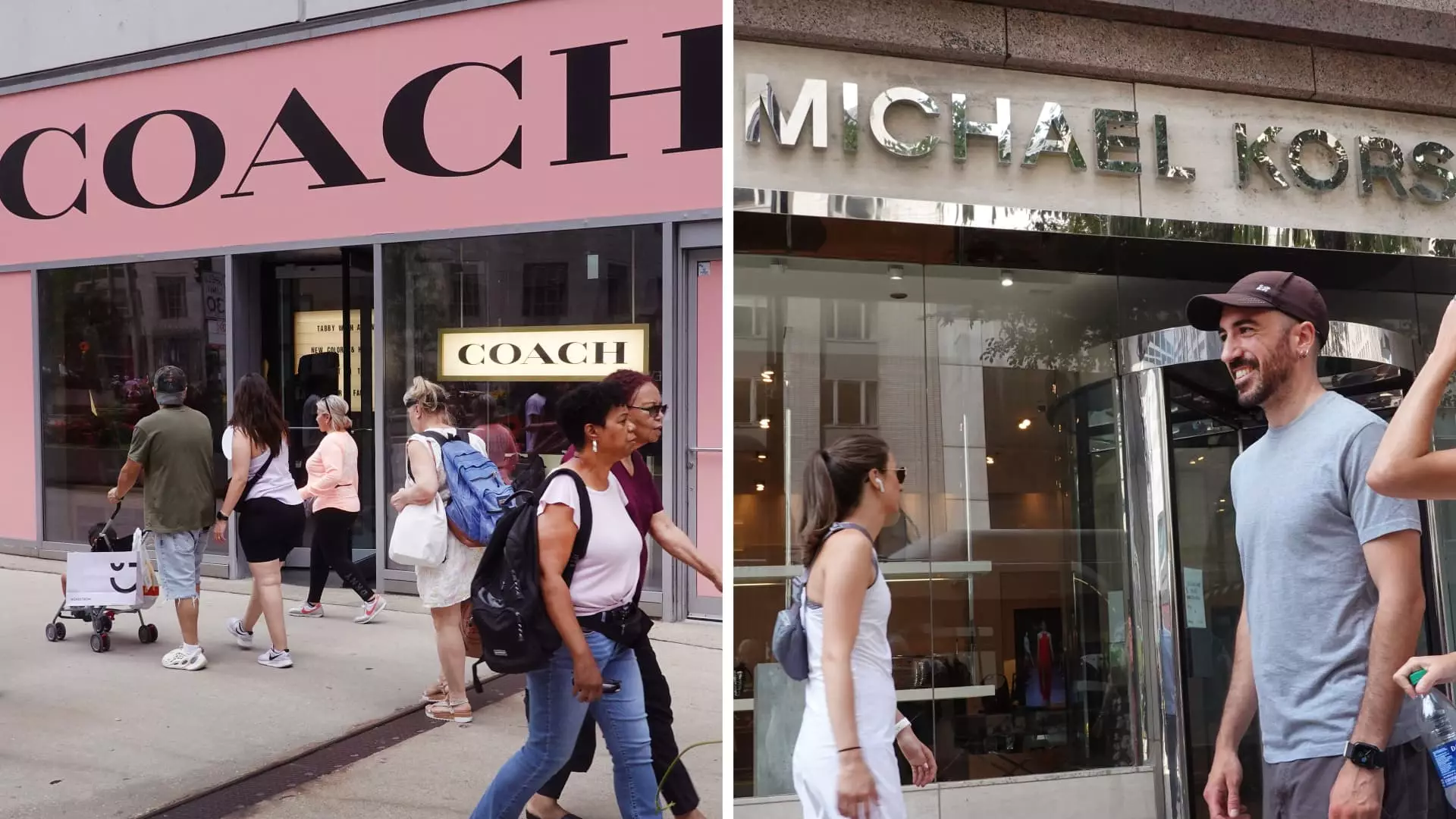The U.S. Federal Trade Commission took legal action to prevent the $8.5 billion deal between Coach and Kate Spade’s parent company, Tapestry, and Capri Holdings. This move by regulators paused a significant merger that would combine two prominent names in American luxury retail and bring six famous fashion brands under one roof.
Competing in the Luxury Market
The proposed merger between Tapestry and Capri Holdings would have allowed the luxury brands to better compete with European luxury giants like Burberry and Louis Vuitton. The aim was to expand their global reach and target a broader customer base worldwide. The combined entity would have generated over $12 billion in annual revenue and operated in more than 75 countries.
While Tapestry had received approvals from regulators in Europe and Japan, the U.S. officials were yet to give the green light for the merger. Both Tapestry and Capri Holdings have faced challenges due to shifting consumer preferences and spending habits. Capri, in particular, has been more affected due to its heavy reliance on department stores and wholesalers for sales.
Under the leadership of CEO Joanne Crevoiserat, Tapestry has focused on elevating the Coach brand, attracting a younger demographic, and emphasizing fashion and loyalty over discounts to drive revenue growth. The majority of Tapestry’s sales come from direct-to-consumer channels, with only a small percentage from wholesale partners.
As of April 19, Tapestry’s stock has seen a 10% increase year-to-date, while Capri’s stock has declined by 24% during the same period. The market response reflects investor confidence in Tapestry’s strategic direction and growth prospects compared to Capri Holdings. The situation is evolving rapidly, and investors are advised to stay tuned for further updates on this developing story.

